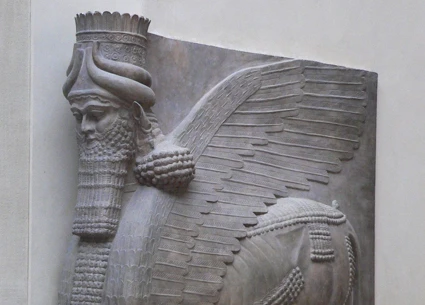Contents
- What is Divination?
- Types of Divination in Mesopotamian Mythology
- Divination Practitioners: Priests and Shamans
- Role of Divination in Mesopotamian Society
- Divination in Mythological Texts
- The Gods of Divination
- The Significance of Prophecies
- Examples of Divination and Prophecies in Mesopotamian Mythology
- The Art of Divination Today
- Conclusion
-
Frequently Asked Questions
- 1. What role did divination play in Mesopotamian society?
- 2. Who performed divination in ancient Mesopotamia?
- 3. Were there different types of astrology in Mesopotamia?
- 4. Did divination influence decision-making in Mesopotamian society?
- 5. Were there professional diviners in ancient Mesopotamia?
- 6. How did divination impact religious rituals in Mesopotamia?
- 7. Did Mesopotamians believe in fate and destiny?
- 8. Can you explain how extispicy and haruspicy were practiced?
- 9. What was the significance of dreams in Mesopotamian divination?
- 10. Did everyday people in Mesopotamia practice divination?
- References
-
Frequently Asked Questions
- 1. What role did divination play in Mesopotamian society?
- 2. How did Mesopotamians practice divination through dreams?
- 3. What was the significance of celestial divination in Mesopotamian mythology?
- 4. How did priests and shamans practice divination in Mesopotamia?
- 5. Did Mesopotamian divination rely on written texts?
- 6. What symbolic significance did numbers hold in Mesopotamian numerology and gematria?
- 7. How were prophecies perceived in Mesopotamian society?
- 8. Can divination techniques from Mesopotamian mythology be applied today?
- 9. Were there any female deities associated with divination in Mesopotamian mythology?
- 10. How did the interpretations of divination outcomes impact decision-making in Mesopotamian society?
- References
- Read More
What is Divination?
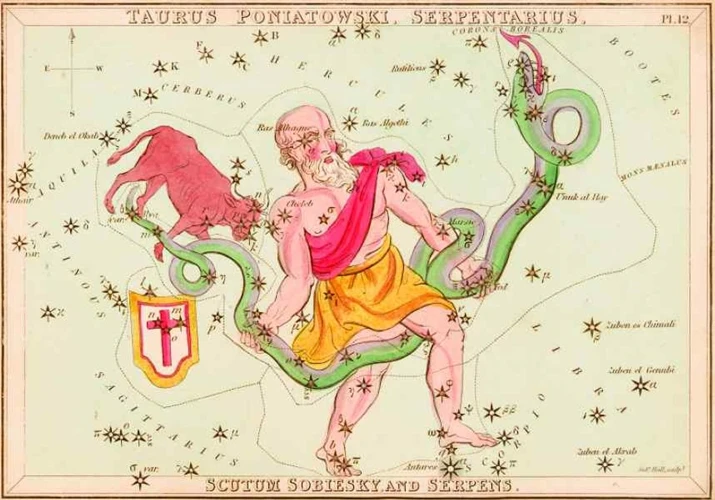
Divination is a centuries-old practice that involves seeking knowledge and guidance about the future or unknown through supernatural means. In the context of Mesopotamian mythology, divination was a way for people to connect with the gods and receive insights into various aspects of their lives. It served as a means to understand and navigate the complexities of the world around them.
Divination in Mesopotamia took many forms and utilized different methods, such as astrology, augury, extispicy, and dream interpretation. Astrology and celestial divination focused on observing the stars, planets, and other celestial bodies to understand their influence on human affairs. Augury and bird divination involved interpreting the behavior and flight patterns of birds to discern omens and messages from the gods.
- Astrology and Celestial Divination: In Mesopotamia, astrology involved studying celestial events and their significance. Astrologers believed that the positioning of the stars and planets could provide insights into a person’s destiny and guide decision-making.
- Augury and Bird Divination: Birds were considered sacred creatures that could act as messengers between humans and the gods. Bird divination involved interpreting the flight patterns, sounds, and behavior of birds to understand the will of the gods.
- Extispicy and Haruspicy: Extispicy involved examining the entrails of sacrificed animals, such as sheep or birds, to interpret patterns and signs. Haruspicy, on the other hand, focused specifically on the liver. These practices were used to predict the outcomes of events or gain insight into a person’s well-being.
- Divination through Dreams: Dreams were believed to be messages from the gods that could provide guidance, warnings, or prophecies. Interpreting dreams was an important aspect of divination, and individuals would seek the help of priests or diviners to understand their meanings.
- Reading Terrestrial Phenomena: Mesopotamians also paid attention to various terrestrial phenomena, such as storms, earthquakes, or the behavior of animals, to interpret signs and omens. These events were believed to hold messages from the divine realm.
- Cleromancy: Casting Lots: Cleromancy involved casting lots, such as dice or marked sticks, and interpreting the results. The random outcomes of the lots were believed to be influenced by the gods and could reveal answers to questions or provide guidance.
- Oracle Bone Divination: This form of divination involved inscribing questions onto animal bones or tortoise shells and subjecting them to heat, then interpreting the cracks and patterns that formed. The inscriptions and interpretations were recorded for future reference.
- Numerology and Gematria: Numerology and gematria involved assigning numerical values to letters and words, then analyzing the numerical relationships between them to uncover hidden meanings and messages. These practices were used in divination to unlock insights into the future.
These diverse methods of divination provided the ancient Mesopotamians with a means to seek guidance, understand the will of the gods, and navigate the uncertainties of their lives. The practice of divination was deeply integrated into their society, and the role of priests and shamans as divination practitioners was instrumental in connecting people with the divine realm.
Types of Divination in Mesopotamian Mythology
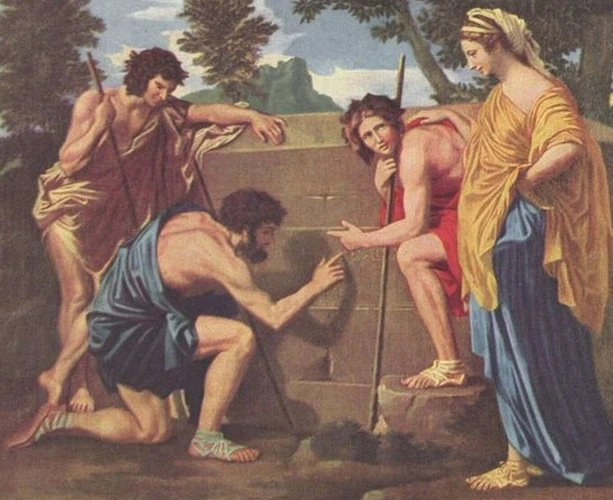
The ancient Mesopotamians employed a variety of divination methods to gain insight into the future and interpret the will of the gods. These forms of divination played significant roles in their society and mythology. Here are some of the key types of divination practiced in Mesopotamian mythology:
- Astrology and Celestial Divination: Mesopotamians believed that studying the stars, planets, and celestial events could reveal insights into human affairs and destinies. Astrologers carefully observed celestial phenomena to interpret their influence on earthly matters.
- Augury and Bird Divination: Birds were considered sacred creatures that could convey divine messages. The behavior, flight patterns, and sounds of birds were meticulously observed and interpreted to discern omens and insights from the gods.
- Extispicy and Haruspicy: Through extispicy, the entrails of sacrificed animals, such as sheep or birds, were examined to interpret patterns and signs. Haruspicy specifically focused on the liver as a source of divination. These practices were believed to provide insights into future events and individuals’ well-being.
- Divination through Dreams: Dreams were regarded as communications from the gods and were interpreted to understand their meanings. Individuals sought the counsel of priests or diviners to unlock the messages hidden within their dreams.
- Reading Terrestrial Phenomena: Mesopotamians paid attention to terrestrial phenomena, including natural disasters, animal behavior, and weather patterns. These events were believed to hold divine messages and were carefully observed for interpretations.
- Cleromancy: Casting Lots: Cleromancy involved the casting of lots, such as dice or marked sticks, to reveal answers to questions or guide decision-making. The outcomes of these random casting rituals were believed to be influenced by the gods.
- Oracle Bone Divination: This practice involved inscribing questions onto animal bones or tortoise shells and subjecting them to heat, then interpreting the cracks and patterns that formed. The inscriptions and interpretations were recorded for future reference.
- Numerology and Gematria: Numerology and gematria assigned numerical values to letters and words, enabling the analysis of numerical relationships to uncover hidden meanings and messages. These practices were used in divination to gain insights into the future.
Each of these divination methods allowed the ancient Mesopotamians to seek guidance, understand the intentions of the gods, and interpret the world around them. Divination played a central role in their mythology and society, shaping their understanding of the divine and influencing their actions and decisions.
Divination Practitioners: Priests and Shamans
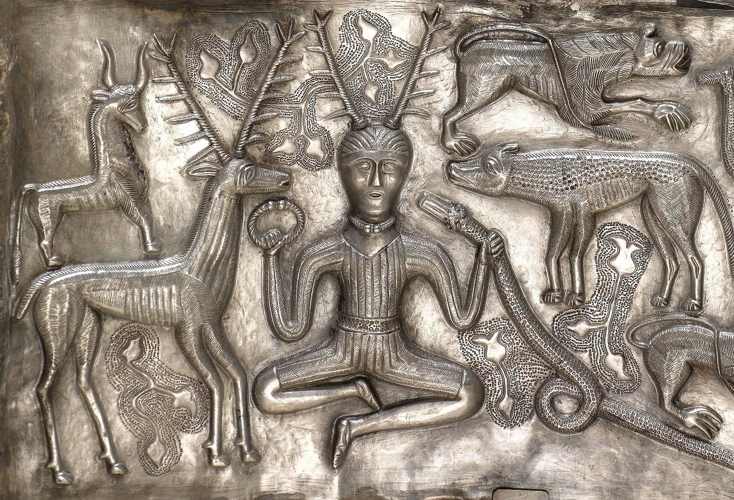
Priests and shamans played integral roles as divination practitioners in ancient Mesopotamian society. They held significant religious and social positions and were believed to have a heightened connection with the gods, enabling them to interpret signs and communicate with the divine realm.
Priests were highly trained individuals who served as intermediaries between the people and the gods. They were responsible for conducting rituals, offering sacrifices, and maintaining the sacred spaces of temples. In the context of divination, priests specialized in specific forms of divination and were consulted by individuals seeking answers or guidance. They possessed extensive knowledge of the rituals, symbols, and texts associated with divination. The priests were regarded as the custodians of sacred knowledge and were respected and revered by the community.
Shamans, also known as seers or diviners, were individuals who possessed innate spiritual abilities and a natural affinity for communicating with the divine. They played a crucial role in the practice of divination, using their visionary skills to perceive hidden truths and interpret signs from the gods. Shamans often underwent intensive training, including apprenticeships with experienced shamans, to develop their abilities. They utilized various techniques, such as trance states, rhythmic chanting, or the use of hallucinogenic substances, to enter altered states of consciousness and commune with the spiritual realm.
Both priests and shamans held a respected position in society due to their perceived ability to harness the power of divination. Their role was not limited to divination alone; they were also advisors, healers, and mediators in disputes. The insights and guidance they provided through divination were highly valued and sought after by individuals and even rulers. The divination practitioners played an essential role in helping the community understand and navigate the complexities of life, offering solace, guidance, and a sense of connection with the divine.
Role of Divination in Mesopotamian Society
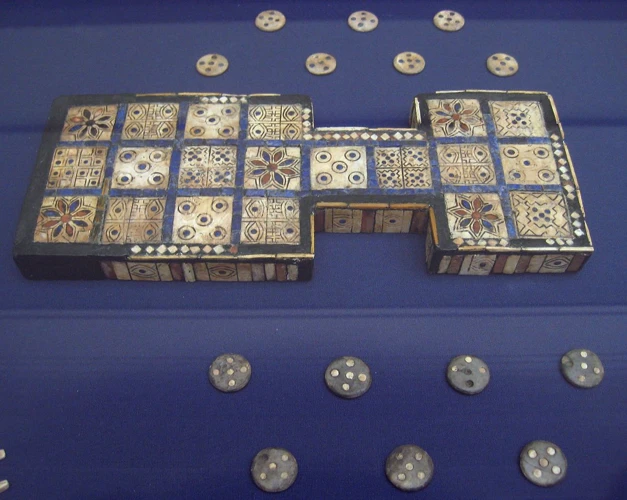
The role of divination in Mesopotamian society was deeply ingrained and held great significance. Divination was not only a means to seek guidance and insight regarding personal matters but also played a crucial role in the decision-making processes of the state and the community as a whole. Here are some key aspects of the role of divination in Mesopotamian society:
- Legal and Judicial Matters: Divination was often employed in legal and judicial proceedings. The interpretation of various signs and omens provided by the gods would determine the outcome of trials and disputes. It was believed that the gods would reveal the truth through divination.
- Political Decision-Making: Kings and rulers heavily relied on divination to make important political decisions. They would seek the guidance of diviners and priests to gain insights into matters of war, alliances, and governance. Divination played a significant role in shaping the destiny and path of the state.
- Health and Healing: Divination was used to diagnose and treat illnesses. It was believed that diseases and ailments were caused by the displeasure of the gods or supernatural forces. By interpreting signs and omens, diviners could identify the cause of the illness and provide guidance on the appropriate rituals and remedies for healing.
- Agriculture and Harvest: Farmers and agricultural communities relied on divination to predict and understand weather patterns, fertility of the land, and the success of their crops. Diviners would interpret signs from nature, such as the behavior of animals or the appearance of certain plants, to guide agricultural practices.
- Personal Guidance and Protection: Individuals sought divination to gain insights into their personal lives, such as marriage, childbirth, and career choices. Diviners would provide guidance and advice based on the interpretation of signs and omens, helping individuals make informed decisions and navigate life’s uncertainties.
The role of diviners and priests was crucial in facilitating divination practices and acting as intermediaries between the human world and the divine realm. They possessed specialized knowledge and skills to interpret signs, analyze omens, and communicate with the gods. Divination was not only a spiritual and religious practice but also a practical tool that influenced various aspects of Mesopotamian society.
Divination in Mythological Texts
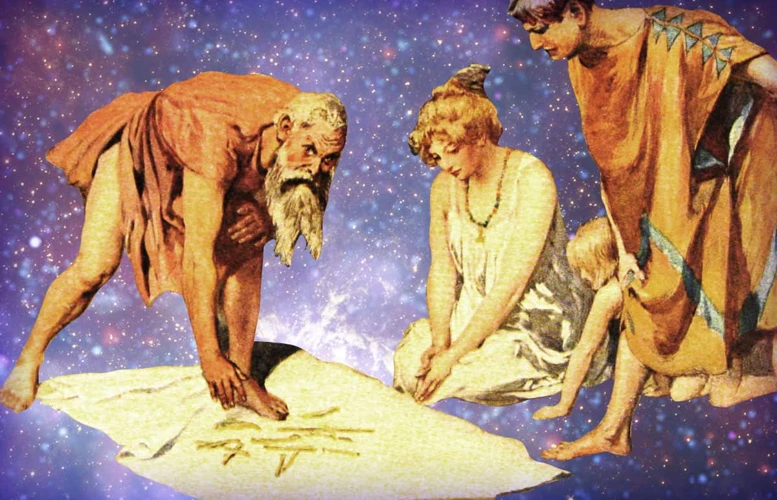
Divination plays a significant role in various mythological texts of Mesopotamia, providing insights into the gods’ interactions with humans and the future outcomes of important events. The Enuma Elish, known as the Creation Epic, contains prophecies and divinatory elements that foreshadow the rise and fall of the gods and the creation of the world. The Epic of Gilgamesh features several instances of divination through dreams and oracles, revealing the gods’ involvement in shaping the hero’s destiny. In The Descent of Ishtar, a prophecy is fulfilled as the goddess descends into the Underworld. Additionally, the mythological text known as The Prophecy of Erra portrays a grim vision of destruction and chaos foretold by the god Erra. These mythological texts not only showcase the practice of divination but also emphasize its significance in shaping the course of events and the fate of humanity.
The Gods of Divination
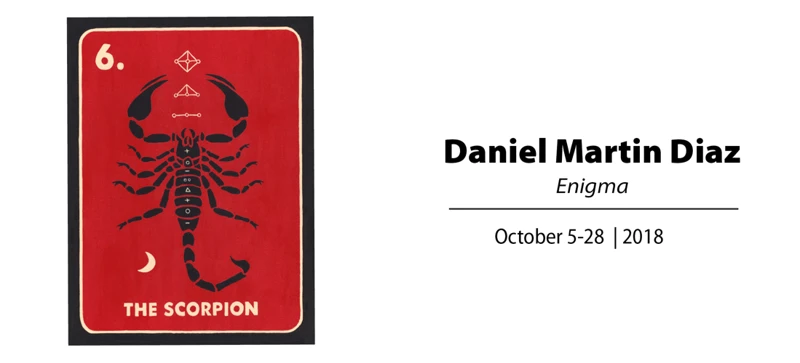
The Significance of Prophecies
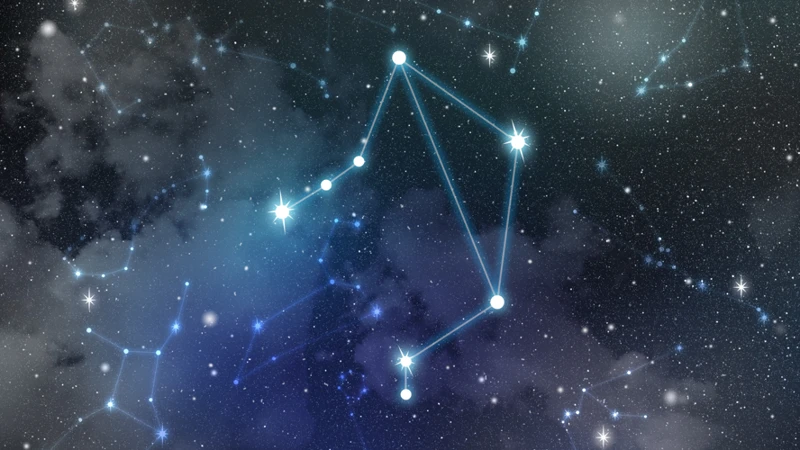
The significance of prophecies in Mesopotamian mythology cannot be understated. Prophecies were seen as powerful revelations of the future, often delivered by the gods themselves to chosen individuals or through divination practices. These prophecies served several important purposes within the society:
- Guidance: Prophecies provided guidance and direction in various aspects of life. Individuals and rulers sought prophecies to make informed decisions and take actions that aligned with the divine will. Prophecies offered insights into upcoming events, potential dangers, and opportunities.
- Validation of Authority: Prophecies played a significant role in establishing and validating the authority of rulers and leaders. A prophecy foretelling a ruler’s rise to power or an endorsement from a deity provided legitimacy and solidified their position in society.
- Divine Justice: Prophecies often carried messages of divine justice and retribution. They warned of the consequences of disobedience, injustice, or disregard for religious observances. Prophecies acted as a reminder that the gods were active participants in human affairs and would punish those who violated their will.
- Justification of Events: Prophecies served as a way to explain and justify significant events, natural disasters, or societal changes. By attributing these occurrences to divine will, prophecies provided a sense of order and purpose in the face of uncertainty.
- Motivation and Hope: Prophecies often carried messages of hope and encouragement. They inspired individuals and communities to persevere during challenging times by assuring them of a better future or the ultimate triumph of good over evil.
- Preservation of Mythology: Prophecies were an integral part of Mesopotamian mythology, contributing to the rich tapestry of stories and legends. They perpetuated the belief systems, religious practices, and cultural values of the society, ensuring their continuity across generations.
Prophecies held immense significance in Mesopotamian society, shaping decision-making, providing a sense of purpose, and reinforcing the belief in divine intervention. They were revered as a conduit of communication between humans and the gods, offering glimpses into the mysteries of the past, present, and future.
Examples of Divination and Prophecies in Mesopotamian Mythology
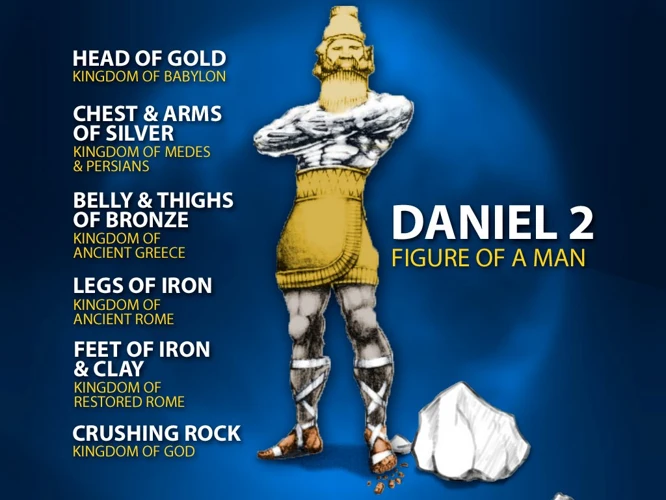
Examples of divination and prophecies in Mesopotamian mythology can be found in various texts that provide insights into the beliefs and practices of the ancient civilization. One such example is The Enuma Elish: The Creation Epic, a story that recounts the creation of the world and the establishment of divine order. In this myth, the gods engage in divination to determine the fate of humanity and decide the roles of different gods. Another notable example is The Epic of Gilgamesh: Dreams and Oracles, where the protagonist, Gilgamesh, receives prophetic dreams and seeks advice from diviners and oracles to interpret their meanings. Additionally, The Descent of Ishtar: A Prophecy Fulfilled tells the story of Ishtar’s descent into the underworld, where she receives prophecies about the consequences of her actions and the fate that awaits her. Finally, The Prophecy of Erra: Destruction and Chaos foretells the coming of the god Erra, who brings devastation and chaos as predicted by divination oracles. These examples highlight the significant role that divination played in Mesopotamian mythology and how it shaped the narratives and outcomes of the stories.
The Art of Divination Today
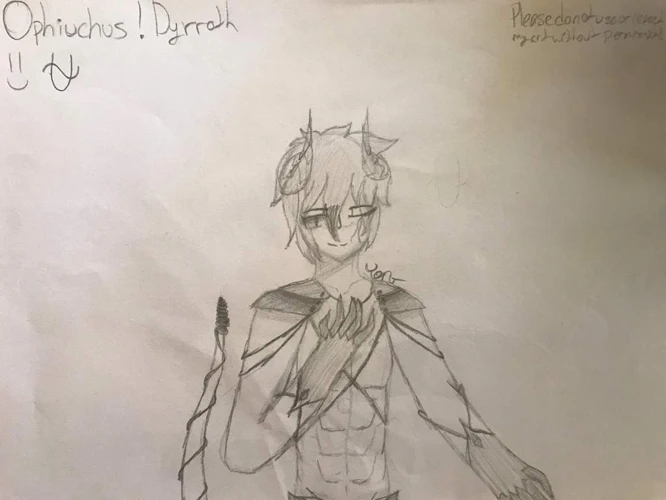
The art of divination has transcended time and is still practiced in various forms today. While modern societies may have different belief systems and approaches to divination, the desire to seek guidance and understand the unknown remains. Here are some of the popular forms of divination practiced in the present day:
- Astrology: Astrology continues to be widely practiced and involves interpreting the positions and alignments of celestial bodies to gain insights into a person’s personality traits, relationships, and future events. Many individuals consult astrologers for guidance in personal and professional matters.
- Tarot Reading: Tarot cards are used for divination purposes, with each card symbolizing different aspects of life and offering guidance or predictions. Tarot readers interpret the cards based on their placement and the seeker’s question to provide insights and advice.
- Psychic Readings: Psychics, clairvoyants, and mediums claim to have the ability to tap into supernatural forces or communicate with spirits to provide information and predictions. These readings can involve various methods such as palmistry, crystal ball gazing, or aura readings.
- Runes: Runes are ancient Germanic alphabetic symbols that are used for divination purposes. Practitioners cast or draw runes to interpret their meanings and provide guidance on different aspects of life, including relationships, career, and personal development.
- Divination Tools: Besides the popular methods mentioned above, there are many other divination tools utilized today, such as pendulums, scrying mirrors, and dowsing rods. These tools are believed to amplify the connection between the diviner and the divine realm, offering guidance or answers to specific questions.
Although modern divination practices have evolved and adapted to contemporary beliefs and lifestyles, the underlying principle of seeking insight and guidance about the unknown remains unchanged. The art of divination continues to captivate and intrigue those who seek answers beyond the realm of the ordinary.
Conclusion
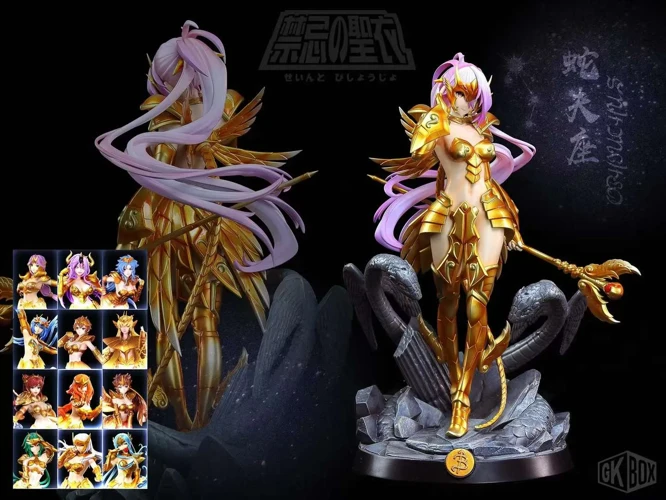
In conclusion, divination played a significant role in Mesopotamian mythology and society. It was a means for individuals to seek guidance, gain insight, and understand the will of the gods. The various divination methods, such as astrology, augury, extispicy, dream interpretation, and cleromancy, provided different avenues for connecting with the divine realm.
Priests and shamans, as the practitioners of divination, held an important position in Mesopotamian society. They acted as intermediaries between the gods and the people, utilizing their knowledge and skills to interpret signs and messages from the celestial and terrestrial realms. Through divination, the priests and shamans helped individuals make decisions, anticipate events, and navigate the complexities of life.
Prophecies, often obtained through divination practices, served as a powerful force in Mesopotamian mythology. They provided glimpses into the future and carried significant weight in shaping the actions and beliefs of the people. Whether found in mythological texts or experienced personally, prophecies were seen as divine pronouncements that impacted the course of events.
Overall, the art of divination in ancient Mesopotamia was a dynamic and intricate practice that revealed a deep connection between humans and the divine. It played a vital role in the daily lives, decision-making, and spiritual beliefs of the Mesopotamian people. By seeking answers and insights from the gods, they sought to navigate the complexities of their world and find their place within the cosmic order.
Frequently Asked Questions

1. What role did divination play in Mesopotamian society?
Divination played a crucial role in Mesopotamian society as a means to seek guidance and insights from the gods. It helped individuals navigate their personal lives, make decisions, and understand the outcomes of events.
2. Who performed divination in ancient Mesopotamia?
Divination was predominantly performed by priests and shamans who were considered intermediaries between humans and the gods. They possessed the necessary knowledge and skills to interpret signs and messages from the divine realm.
3. Were there different types of astrology in Mesopotamia?
Yes, Mesopotamia had various types of astrology. They observed celestial events, such as the positions and movements of stars, planets, and constellations, to understand their influence on human affairs. They also practiced horoscopy, which involved constructing birth charts to reveal a person’s destiny.
4. Did divination influence decision-making in Mesopotamian society?
Yes, divination had a significant impact on decision-making in Mesopotamian society. People sought guidance from the gods through divination before making important decisions, such as going to war, starting a business, or entering into marriage.
5. Were there professional diviners in ancient Mesopotamia?
Yes, there were professional diviners in ancient Mesopotamia. These individuals specialized in specific forms of divination, such as dream interpretation, reading omens, or casting lots. They provided their services to those seeking answers or guidance.
6. How did divination impact religious rituals in Mesopotamia?
Divination played a vital role in religious rituals in Mesopotamia. Before important ceremonies or offerings, divination was conducted to ensure the favor of the gods and to understand the desires of the divine beings.
7. Did Mesopotamians believe in fate and destiny?
Yes, the Mesopotamians believed in the concepts of fate and destiny. They believed that the gods controlled the outcomes of events and that divination could provide insights into an individual’s predetermined fate.
8. Can you explain how extispicy and haruspicy were practiced?
Extispicy and haruspicy involved examining the entrails of sacrificed animals, especially the liver, to interpret patterns and signs. These signs were then interpreted by priests or diviners to gain insights into the will of the gods and to predict the outcomes of future events.
9. What was the significance of dreams in Mesopotamian divination?
Dreams held great significance in Mesopotamian divination. They were believed to be messages from the gods and could provide insight into the future, warnings, or prophecies. Priests and diviners were consulted to interpret the meanings of dreams.
10. Did everyday people in Mesopotamia practice divination?
Yes, divination was not limited to priests and shamans in Mesopotamia. Everyday people also practiced divination in their homes or sought the services of professional diviners to gain insights into personal matters or the outcomes of specific events.
References
Frequently Asked Questions

1. What role did divination play in Mesopotamian society?
Divination played a crucial role in Mesopotamian society, as it was believed that the gods communicated with humans through divination. It was used to make important decisions, predict the future, and gain guidance in various aspects of life.
2. How did Mesopotamians practice divination through dreams?
Mesopotamians believed that dreams held messages from the gods. Dream interpreters were consulted to decipher the meanings of dreams, which could provide guidance, warnings, or prophecies. The interpretation of dreams played a significant role in divination practices.
3. What was the significance of celestial divination in Mesopotamian mythology?
Celestial divination involved the study of celestial bodies and their movements to predict events and interpret omens. Mesopotamians believed that the positioning of planets, stars, and other celestial bodies influenced human lives and could provide insight into the future.
4. How did priests and shamans practice divination in Mesopotamia?
Priests and shamans were the primary practitioners of divination in Mesopotamia. They used various techniques such as astrology, bird divination, extispicy (reading animal entrails), and casting lots to seek guidance from the gods and provide prophecies and insights to the people.
5. Did Mesopotamian divination rely on written texts?
Yes, written texts played a significant role in Mesopotamian divination. The priests and scholars recorded various divination techniques, omens, and interpretations on clay tablets. These texts served as a reference for future divination practices and were considered sacred sources of knowledge.
6. What symbolic significance did numbers hold in Mesopotamian numerology and gematria?
In Mesopotamian numerology and gematria, numbers were believed to have both literal and symbolic meanings. Each number had specific associations and represented different aspects of life, such as the gods, celestial bodies, or spiritual concepts. Numerology and gematria were used to decode hidden messages and interpret divination outcomes.
7. How were prophecies perceived in Mesopotamian society?
Prophecies were highly regarded in Mesopotamian society. They were seen as divine messages or warnings about the future. People believed that prophecies could help them make informed decisions, prepare for upcoming events, or even change their fate by taking appropriate actions.
8. Can divination techniques from Mesopotamian mythology be applied today?
While some divination techniques used in Mesopotamian mythology are still practiced today, their interpretations and approaches have evolved over time. Astrology and numerology, for example, are still popular, but modern interpretations may differ from the ancient Mesopotamian methods.
9. Were there any female deities associated with divination in Mesopotamian mythology?
Yes, Nisaba, the goddess of writing and divination, was a significant female deity associated with divination in Mesopotamian mythology. She was believed to hold knowledge and wisdom, and her guidance was sought for matters related to writing, learning, and divination.
10. How did the interpretations of divination outcomes impact decision-making in Mesopotamian society?
Interpretations of divination outcomes heavily influenced decision-making in Mesopotamian society. When faced with important choices, individuals and rulers sought divination experts who would provide insight into the gods’ will and reveal potential outcomes. These interpretations played a crucial role in shaping the course of actions taken by individuals and the state.

